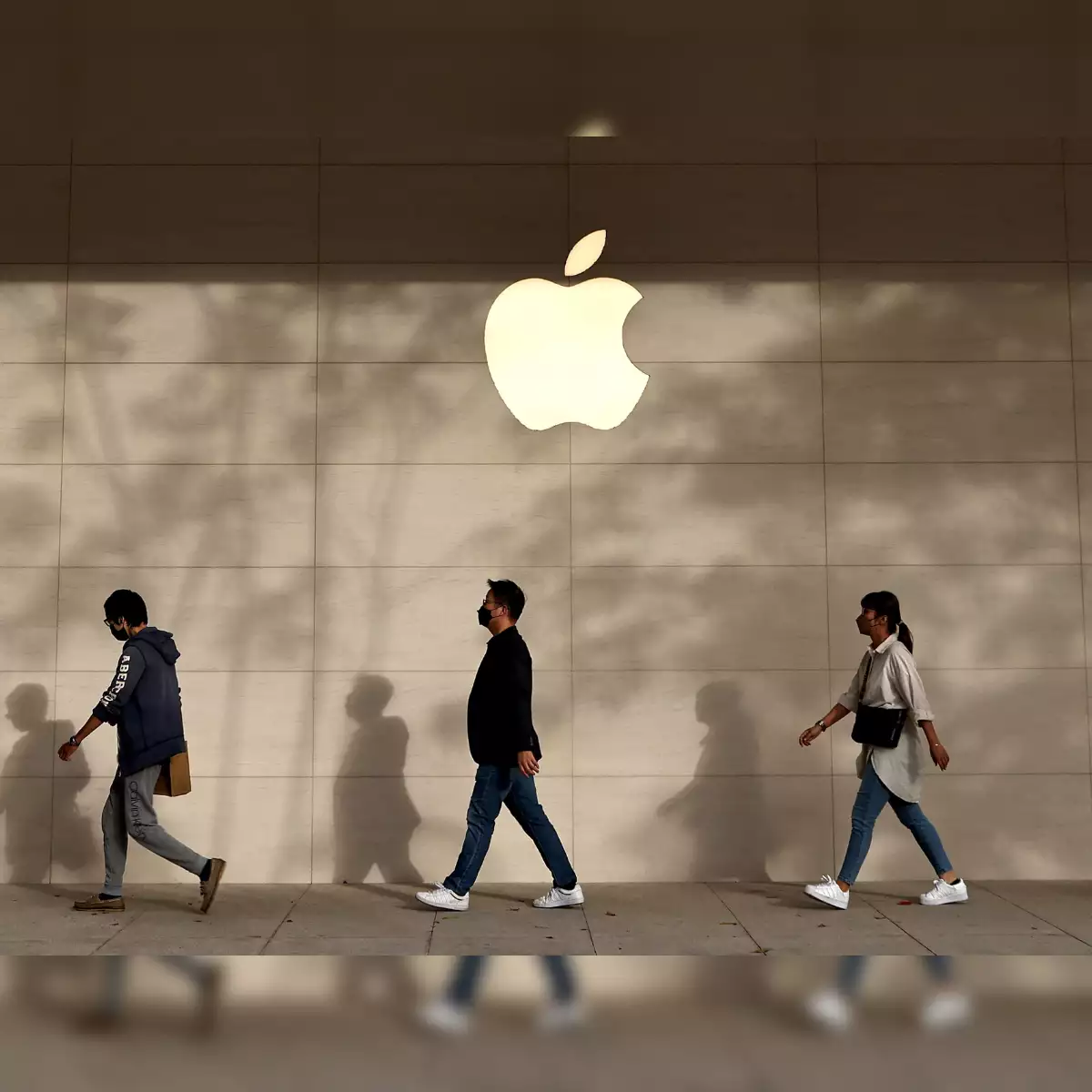The Democratic Republic of Congo (DRC) has initiated legal proceedings against Apple’s European subsidiaries, alleging the company’s supply chain includes minerals sourced from conflict zones within the DRC. These minerals, often referred to as “conflict minerals,” are extracted under conditions that fund armed groups and perpetuate violence in the region.
Background:
- Conflict Minerals: The DRC is rich in minerals like tin, tantalum, tungsten, and gold, collectively known as 3TG. These are essential in manufacturing electronic devices. However, their extraction has been linked to funding armed conflicts and human rights abuses.
- Apple’s Position: Apple has consistently stated its commitment to responsible sourcing, implementing measures to ensure its supply chain is free from conflict minerals. The company asserts that it instructs suppliers not to source minerals from conflict-affected areas and conducts regular audits to maintain compliance.
Recent Developments:
- Legal Complaints: On December 17, 2024, the DRC filed criminal complaints in France and Belgium against Apple’s subsidiaries, accusing the company of benefiting from minerals laundered through international supply chains and engaging in deceptive practices regarding the ethical sourcing of materials.
- Apple’s Response: In light of these allegations, Apple announced that it has directed its suppliers to cease purchasing minerals from the DRC and Rwanda due to ongoing conflicts in these regions. The company maintains that it has taken proactive steps to prevent the inclusion of conflict minerals in its products.
Verification Concerns:
- Call for Verification: Lawyers representing the DRC have welcomed Apple’s decision to halt sourcing from the region but emphasize the need for independent verification of the company’s supply chain to ensure compliance. They argue that past alleged violations should still be addressed by the courts.
- Whistleblower Evidence: Earlier in 2024, international lawyers claimed to have gathered new evidence from whistleblowers suggesting that Apple’s supply chain may still be tainted with conflict minerals from eastern Congo. They urged Apple to provide transparency regarding its sourcing practices.
Implications:
- Supply Chain Scrutiny: These developments highlight the complexities multinational companies face in ensuring ethical sourcing within conflict-affected regions. The effectiveness of traceability programs and the potential for smuggling and fraud pose significant challenges.
- Legal and Ethical Responsibility: The DRC’s legal actions underscore the importance of corporate accountability in global supply chains, particularly concerning human rights and conflict financing.
Conclusion:
The situation remains dynamic, with ongoing legal proceedings and calls for greater transparency in Apple’s supply chain practices. The outcome of these actions may have broader implications for the tech industry’s approach to sourcing minerals from conflict zones.
Note: This summary is based on information available as of December 18, 2024. For the latest updates, please refer to official communications from Apple and the Democratic Republic of Congo.





